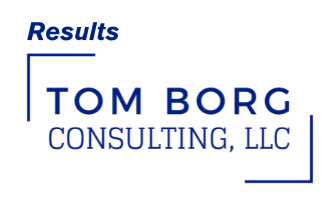Blunder #2: Leaders who don’t sincerely apologize when they have offended someone 
In their article in Forbes magazine titled, Creative Leadership Humility and Being Wrong, authors, Doug Guthrie and Sudhir Venkatesh, share the importance of the positive power of admitting and apologizing for one’s mistakes. In the article they point out the following:
“We are frequently taught that leaders, especially aspiring leaders, should hide weaknesses and mistakes. This view is flawed. It is not only good to admit you are wrong when you are; but also it can be a powerful tool for leaders—actually increasing legitimacy and, when practiced regularly, can help to build a culture that actually increases solidarity, innovation, openness to change and many other positive features of organizational life.”
On an assignment, some time ago, I observed a retail department head who had the tendency to be blunt, insensitive and unresponsive when dealing with his employee’s requests.
On one occasion he stepped over the line by not responding to the employees’ request for help in dealing with a particular customer. It was an obvious blunder, and he should have known it, but he didn’t. His attitude was, he was, “too busy and too important” to deal with customers.
To make matters worse, everyone in the department knew it. Once it was brought to his attention, do you think this supervisor apologized for his mistake? Not a chance. The result was, his entire team just silently marked him down a few more points in his ability to be a true leader.
What could he have done? Well first, he would have to admit to himself that he made the mistake. He would have to recognize that it was going to take courage and a good deal of self esteem to speak up and sincerely apologize to this individual team member. The next opportunity, and every opportunity he would need to be prompt in apologizing for any mistakes made. Word would get around and he would begin to build his trust factor throughout his organization.
We will discuss Blunder #3 in my next blog.
Tom Borg Consulting, LLC. All Rights Reserved
